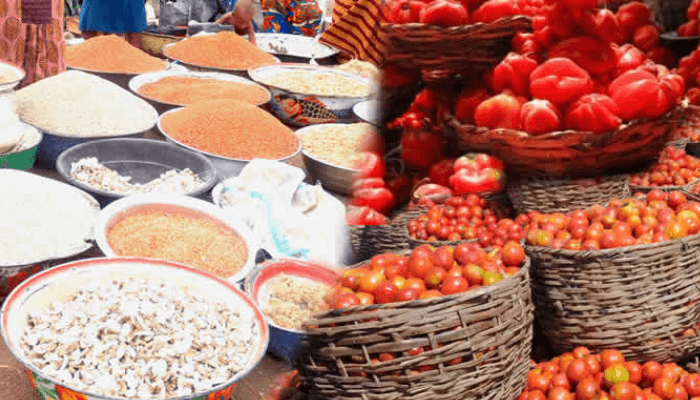PRESIDENT Bola Ahmed Tinubu has ordered the Federal Executive Council (FEC) committee on food security to take immediate steps to crash soaring food prices across the country, amid growing hardship faced by Nigerians.
The directive was disclosed on Wednesday in Abuja by the Minister of State for Agriculture and Food Security, Senator Aliyu Sabi Abdullahi, at a capacity-building workshop for Senate correspondents.
According to him, the President’s marching order centres on ensuring the safe passage of farm produce across transport routes to cut high logistics costs that have been driving food inflation.
“The President has given a matching order with a federal executive council committee already handling it on how we are going to promote safe passage of agricultural foods and commodities across our various routes in the country,” Abdullahi said.
Nigeria, Africa’s most populous nation, has been grappling with worsening food insecurity following the removal of fuel subsidies, skyrocketing transport costs, and insecurity on highways that has hampered the movement of goods.
Despite government interventions, food remains largely unaffordable for millions of Nigerians, with inflation hitting staple products such as rice, maize, and beans.
Abdullahi stressed that the President’s plan is rooted in his broader vision of food sovereignty—not just ensuring availability, but also guaranteeing affordability, accessibility, and nutrition on a sustainable basis.
To back this agenda, Abdullahi revealed that the government is preparing to roll out two key initiatives:
Farmer Soil Health Scheme – a programme designed to boost crop yields by improving soil fertility and ensuring long-term productivity.
Cooperative Reform Initiative – aimed at mobilising resources, improving financial access, and empowering rural farmers to scale their operations.
“Mr. President has shown tremendous interest in the cooperative sector as a veritable tool for resource mobilisation, economic activity generation, and improving the livelihoods of members,” the minister added.
The workshop, themed “Parliamentary Reporting: Issues, Challenges and Responsibilities,” also featured Senate Media Committee Chairman, Senator Yemi Adaramodu; former presidential aide, Senator Ita Solomon Enang; and Director-General of NILDS, Prof. Abubakar Sulaiman.
The stakeholders highlighted the role of parliament, media, and policy drivers in ensuring that government interventions translate to meaningful impact at the grassroots.
President Tinubu has consistently highlighted food security as a cornerstone of his administration’s economic strategy.
In his Democracy Day address at the National Assembly in June, the President said Nigeria is on track to achieving food sovereignty through deliberate reforms.
“Our ‘Nigeria First’ policy will further enhance progress as we consolidate market-driven growth. The improved economic performance is encouraging and validates the soundness of our policy measures. Our medium-term growth target remains an economy growing at a seven per cent clip with a stronger manufacturing base. We must learn to produce and grow most of our food, and we are on the path to achieving food sovereignty,” he said.
Tinubu’s latest directive reflects mounting pressure on the government to ease the burden of spiralling food inflation, which has worsened living conditions for many households.







